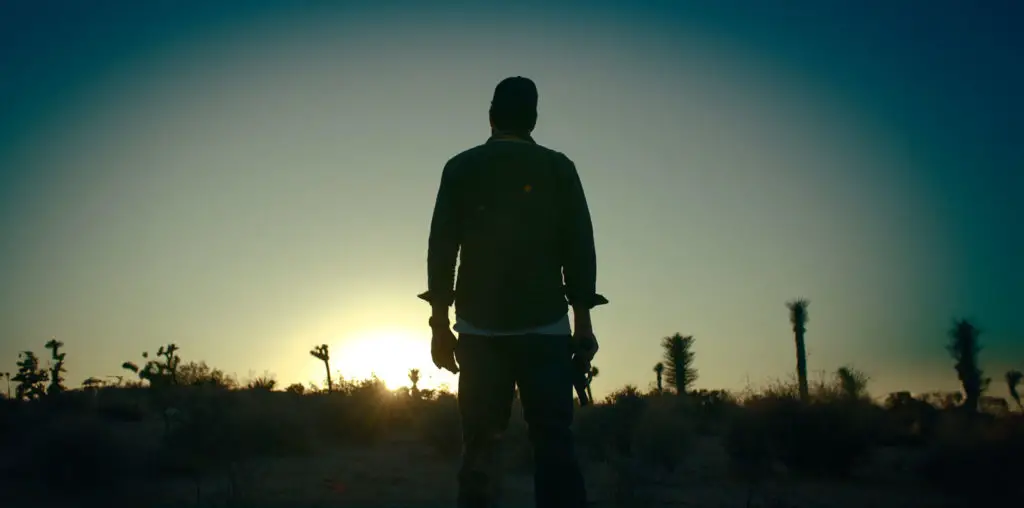
The Rock is a mega-church even by mega-church standards. It’s parishioners are largely – almost exclusively – white and well-off and the church preaches that sort of homogenized Christianity that emphasizes love and compassion but forgets all the Old Testament wrath-filled goodness. It has an alter/stage that is big enough to accommodate a full choir and orchestra. Second Chance, though, is an inner-city church whose pastor, Jake, regularly reaches out to drug addicts, prostitutes and others on the fringe of society. The two are connected by the fact that the current head pastor at The Rock founded and originally ran Second Chance before becoming a media darling and multimedia star.
Ethan Jenkins, played by Christian music star Michael W. Smith, is the associate pastor and son of The Rock’s pastor and is a bit rebellious. One Sunday Jake is speaking to the congregation at The Rock and goes off-script. Instead of just making an appeal to the people for money to continue Second Chance’s ministry he insults them and essentially calls them lazy for thinking all problems can be solved by cutting a check. This sets into motion a series of events that will send Ethan to Second Chance to get an education in responsibility and bring he and Jake together in purpose if not in methods.
As an actor Michael W. Smith makes a very good musician. Granted, the role didn’t require him to stretch much since he plays a pastor who also happens to be a well known music celebrity and author but he acquits himself passably. Most of the time his Ethan just comes off as someone who is just shocked to see that things aren’t as nice and pretty as they appear from suburbia. It assumes a level of ignorance as opposed to just unfamiliarity in the character that was a bit hard to sustain.
Jeff Carr, who plays Jake, does better as the battle-hardened inner-city pastor. His character is realistic about the potential for success but knows the battle is worth fighting. He does what he does because someone needs to and because he harbors memories of Ethan’s father doing the same for him when he was younger.
There is value in the story of some of the characters we meet at Second Chance. Instead of simply providing money or food to the men and women who come through the doors, Jake and his wife try to help these people stand up on their own. They pray for the men who are about to go on job interviews and tell someone whose wife has just left that he must find the strength within himself to get them back. Ethan thinks, because it’s convenient to the plot, that giving them money for this or that is the answer, a tactic he quickly finds doesn’t work and actually offends those he’s trying to help. They want to do it themselves.
While the “fish out of water” aspect of the story is important, the growth Ethan goes through is a bit abrupt. For so much of the movie he questions what Jake is doing and how he does it only to come around completely because the musical director at Second Chance let him play the poor old beat-up piano. There’s also a poorly-wedged in subplot about one of The Rock’s board of directors selling the property Second Chance stands on to the city for demolition that distracts more than anything. Its primary purpose seems to be to bring the older pastor back from the suburbs to save the old building because that’s where he got his start and that’s where they practice that good old-time religion.
There are a lot of good messages in The Second Chance about how Christianity is a mix of love, both gentle and tough. Some of those, unfortunately, are lost in the uneven performances. When those are taken out of the mix, though, the movie does work but is unlikely to break out of the evangelical audience it’s targeted at and into the mainstream.
